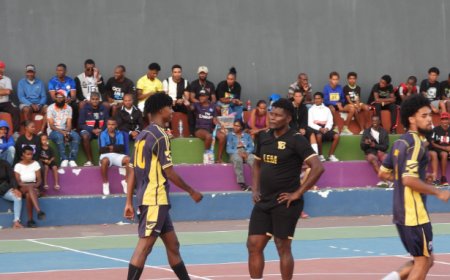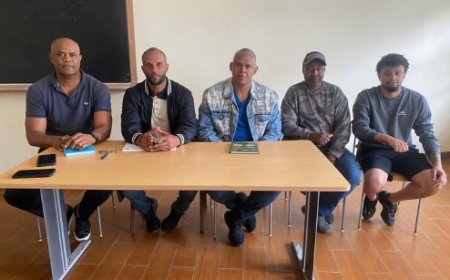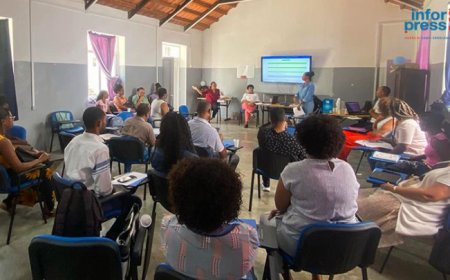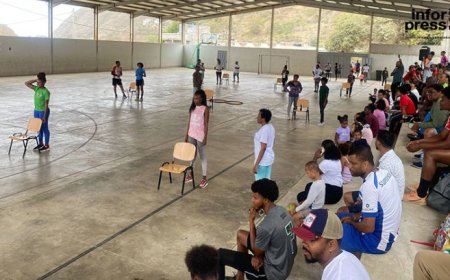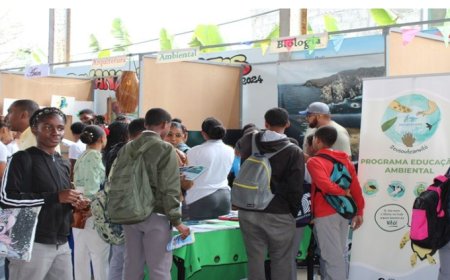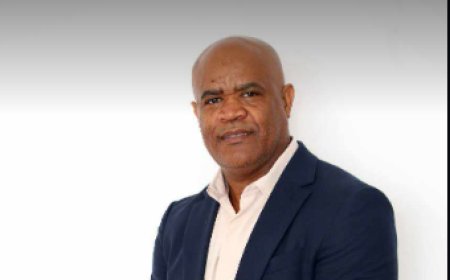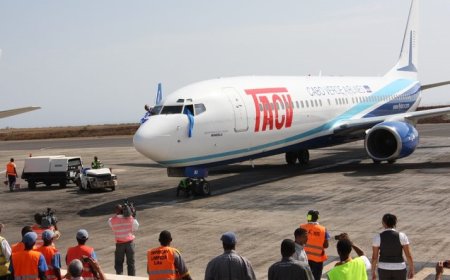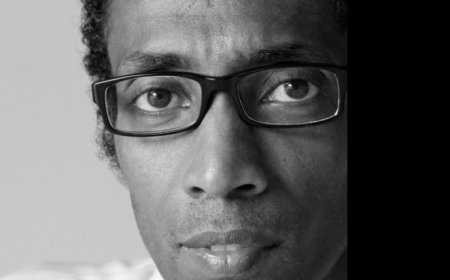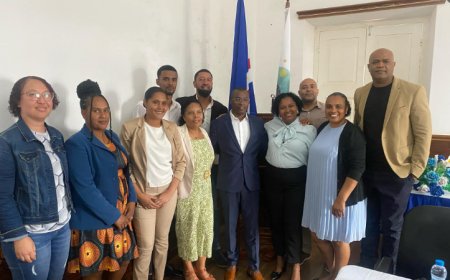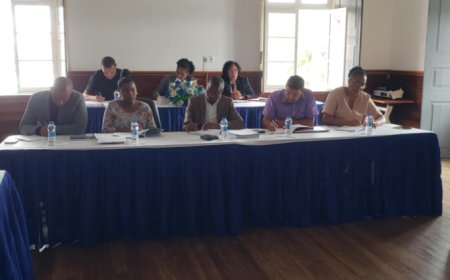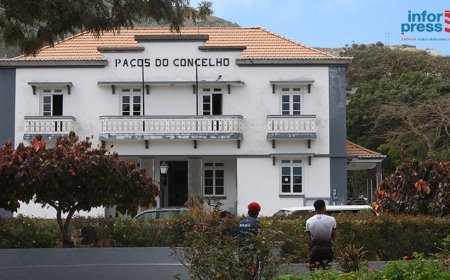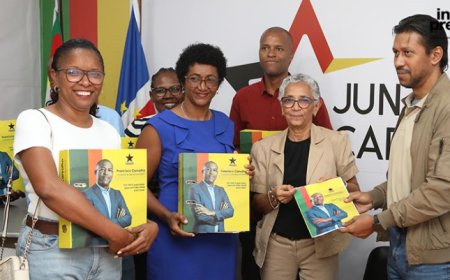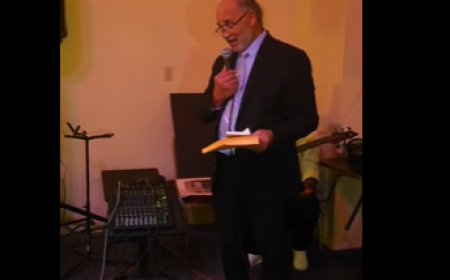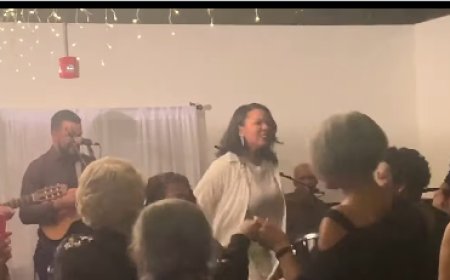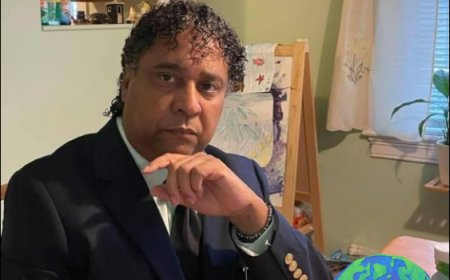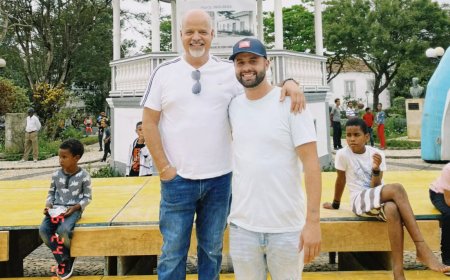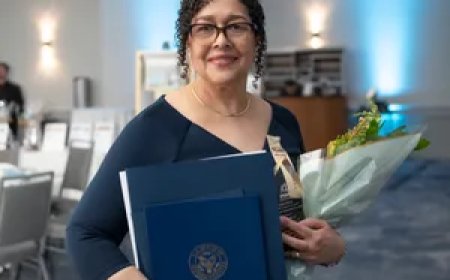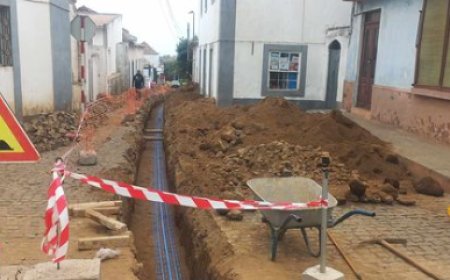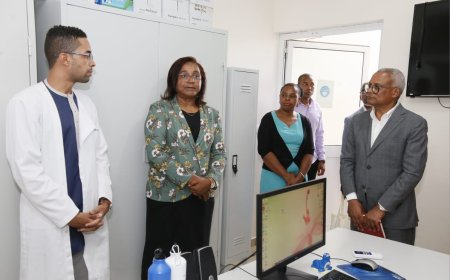President of the Republic says that Government should consider administration of the Ilhéus in the new administrative division of the Country
The President of the Republic considered Wednesday, 09, in São Filipe, to be "extremely important" that the Government consider the administration of the Ilhéus, "which are national territories", in the new administrative division of the country.
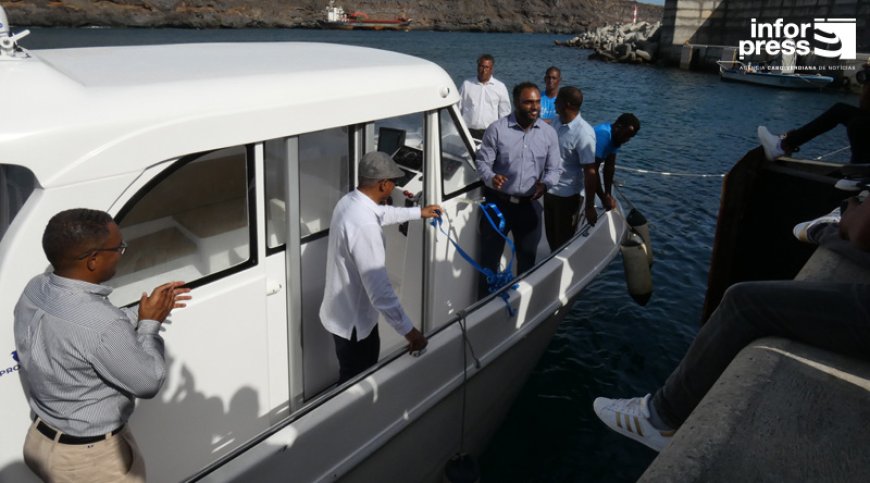
José Maria Neves was speaking during the inauguration ceremony of the 11-metre vessel Vénus, acquired by the association Projecto Vitó for monitoring work on the islands of Fogo and Brava and on the Rombos islets.
The head of state indicated that it was essential to think about the Ilhéus and know which island they belong to and who should be responsible for their administration, to guarantee the management of this “fundamental” part of the country.
As for the vessel, Neves added that it has been noted that many works have been born on these islands and, in this case, thanks to the commitment of a non-governmental organization (NGO) that has been working in a sensitive area of development in the country and for there to be an environmentally sustainable development that lasts over time.
“Many Cape Verdeans have created non-governmental organizations that have assumed great perspectives for development”, said José Maria Neves, highlighting the size of the work that Projecto Vitó is carrying out in Ilhéus.
The same source stressed that in Cape Verde, in order to guarantee the durability of development, it is necessary to transfer more responsibilities to civil society and municipalities and create conditions for co-management or self-management of the country's protected areas.
According to him, these organizations have done work that makes everyone proud, because not only have they proposed protected areas and natural parks, but because they have assumed responsibility for managing these reserves and for mobilizing financial, human and capacity resources for the development of these projects, which is “extraordinarily important” and should be valued.
“When an NGO does work of this nature, it mobilizes partnerships and brings a boat to the Fogo/Brava Region that can help in environmental preservation, but in other issues that are important for the region, such as the transfer of patients and aid, it is extremely important” , highlighted José Maria Neves.
For the head of state, all national authorities, the Government, municipalities and entities linked to the sea, must “strongly support” these NGOs to continue to develop their work in mobilizing financial resources, human capacity and institutional resources.
Everything, he pointed out, to be able to develop the work in a better way, at the same time to give a dimension to the whole territory, islands and islets that need to be rediscovered to know the richness they have.
Regarding the Guardians of the Sea program, José Maria Neves advocated that Cape Verdeans live with their coasts facing the sea despite the fact that more than 99 percent (%) of the national territory is constituted by the sea.
“We have the Sustainable Development Goals (SDGs) which refer us to the sustainable management of the oceans and we have 2021 to 2030 as the decade of the oceans which also reminds us of the need to develop ocean literacy, to produce data and information to better understand our sea and allow for a sustainable management of the oceans”, he concluded.
Neves underlined that if the country goes back to the sea and takes advantage of all the related potential, it will be able not only to accelerate the growth rate but also to achieve the SDGs in the horizon of 2030.
The President of the Republic also said at the ceremony that the activities carried out by Projecto Vitó allow for a “clear notion” that it is possible to fulfill the SDGs, but also to fulfill the reasons that led the United Nations to proclaim this decade as that of the oceans.
He appealed to the authorities to support the NGOs and create the conditions for them to grow and be able to affirm and have more financial, human and institutional capacity to carry out the work, stressing that he hopes that the Vénus vessel will play “a good role”.
He also informed that the Presidency of the Republic is finalizing a plaque to place in the Ilhéus to remember his visit and that he will associate another plaque to honor the three fishermen who, on January 19, 2021, lost their lives while crossing Fogo/ Ilhéus Rombos and whose vessel name has now been assigned to the Vitó Project vessel.
José Maria Neves also participated in the delivery of certificates and kits for safety, monitoring and conservation of fish, made available to 23 fishermen who underwent training as part of the Guardians of the Sea programme, which has a partnership with Birdlife International.
The president of the Vitó Project, Herculano Dinis, said on the occasion that the idea is to train more and more fishermen to improve the artisanal fishing method in the Fogo/Brava Region, including the Rombos Islets, and that the project counts until its end to have 50 fishermen fully trained and equipped to improve performance in artisanal fishing.





